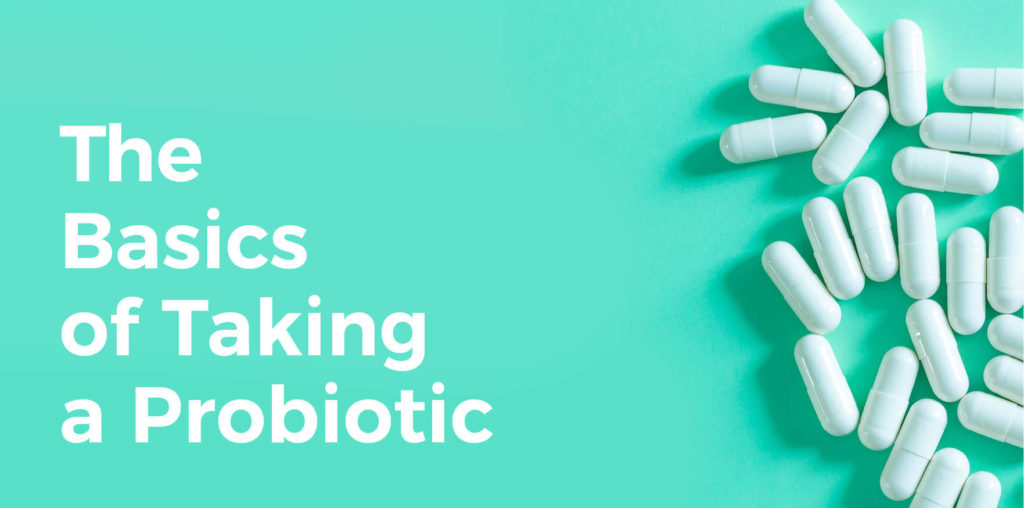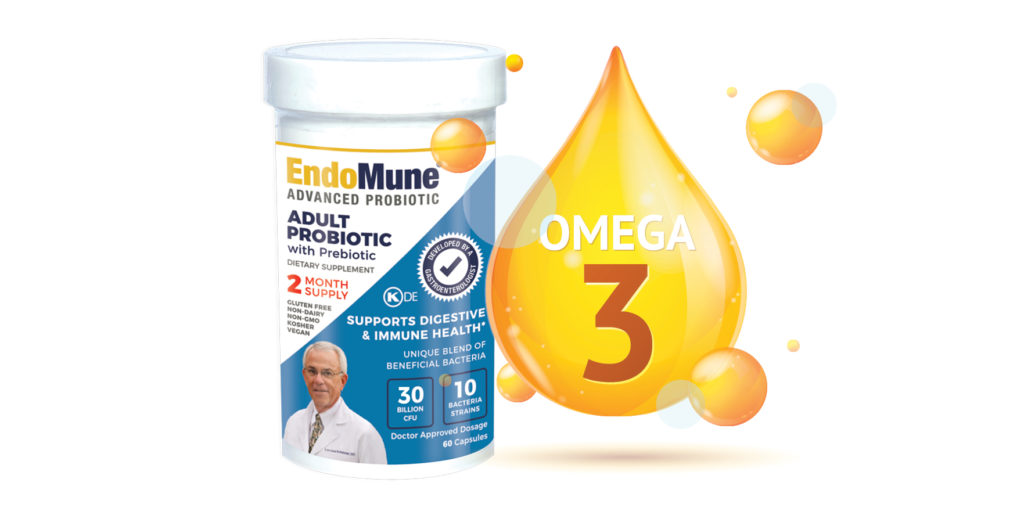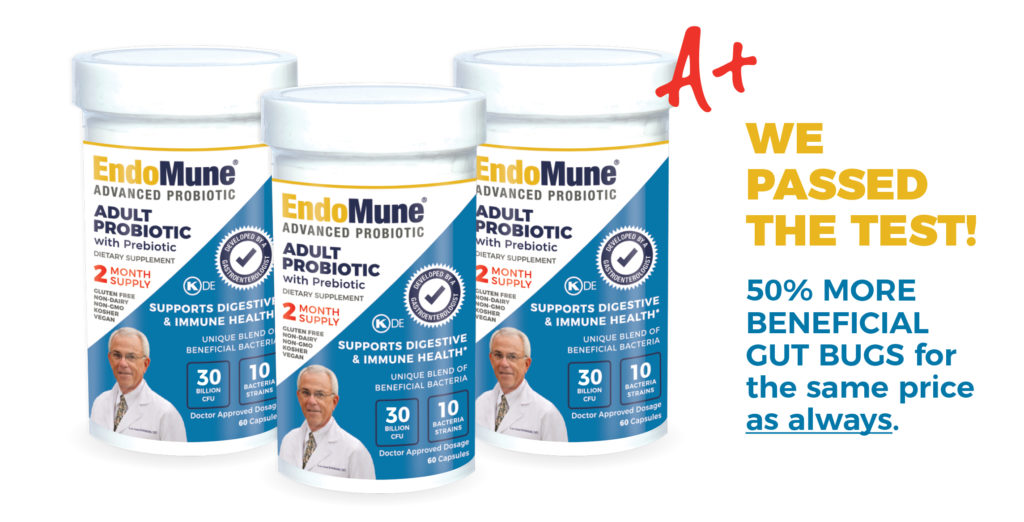Are You Boiling Your Water?
With the remnants of the multiple winter storms finally making their way out of the United States, an estimated 14 million Texans and many more across the country are being affected by boil-water advisories.
Suppose you haven’t encountered a boil water advisory before. In that case, local utility companies issue them during and after natural disasters, including this most recent trio of winter storms and even hurricanes like ones that have hit the Atlantic and Gulf Coasts in the past.
Local utilities typically order boil water advisories to protect your body from the possibility of water contaminated by parasites, viruses, and bacteria that can make you sick – and yes, these recommendations extend to our furry friends and pets as well!
What does the boil water advisory mean for you? In short, there are certain things you should and should notdo with tap water unless it’s boiled first. Local water experts instruct you to boil tap water (even if it’s filtered) for at least two to three minutes before drinking it, using it for cooking meals or brushing your teeth. That includes water or ice delivery systems connected to your refrigerator.
However, bathing (don’t drink the bathwater!), using your dishwasher, and doing laundry are all still acceptable with clear-running tap water. Keep in mind, we’re also still in the middle of the coronavirus pandemic, so this isn’t an excuse to skip handwashing with antibacterial soap!
During the aftermath of these natural disasters is no time for your family to forget to take a probiotic either. EndoMune Advanced Probiotic has 30 billion colony forming units of 10 strains of beneficial bacteria (plus a very important prebiotic) that could give your intestinal immune system a much-needed boost when your body may come into contact with nasty bacteria that can harm you. Don’t forget – your pets can also benefit from probiotics and a healthy immune system, just like we humans do.
Stay safe, stay healthy, and take your probiotics, friends!
Resources
Are You Boiling Your Water? Read More »











